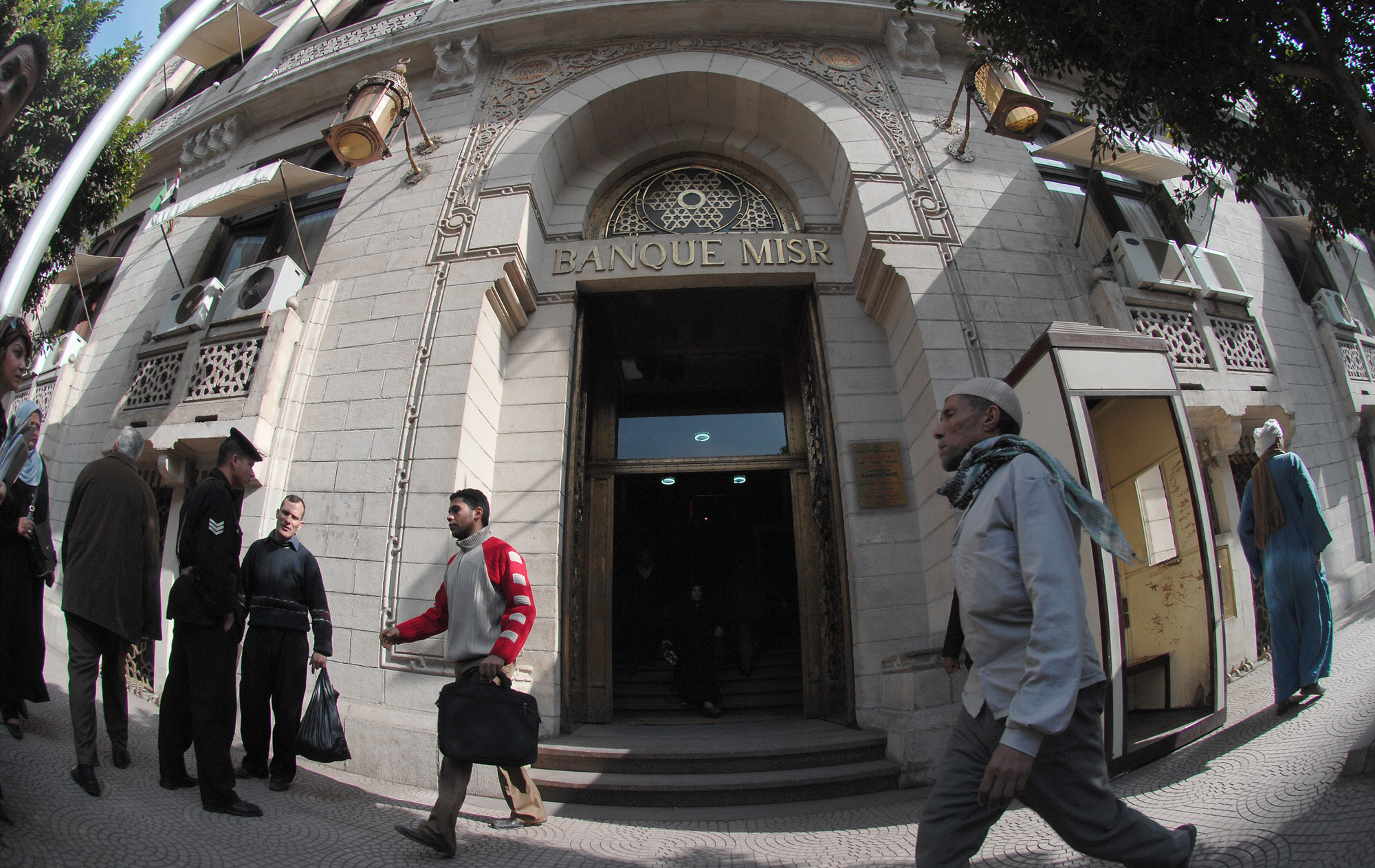
(Photo DNE)
By Islam Zayyid
Banque Misr and the National Bank of Egypt (NBE) have reportedly subscribed to $200m in Egyptian government bonds, according to a source within the Ministry of Finance. This came as part of a $2.7bn bond package released by the Egyptian government several days ago.
This package was released on the Irish stock market, and will be available for a period of 18 months at an interest rate of 4.25%. The state-owned Qatar National Bank (QNB) purchased the remaining $2.5bn in bonds. QNB deposited the value of the remaining bonds into Egypt’s Central Bank nearly a month ago, as a security measure until the bonds themselves were released.
Banque Misr and the NBE attributed their decision to purchase the bonds to their high rate of returns and interest rates.
Muhammad Abbas Fayyad, Vice Chairman of Banque Misr, confirmed the purchase of $100m worth of government bonds.
For her part, Zeinab Hisham, President of the Treasury Department at National Bank of Egypt, also confirmed the NBE’s recent subscription to $100m in of the ministry’s bonds, “under the same terms and conditions as those of the QNB Group”.
NBE stated that it decided to subscribe to such bonds as a form of investment, considering their high return rate.
Plans to release government bonds in dollars on foreign exchange markets came as part of a project to support and increase Egypt’s foreign currency reserves, and inject dollar liquidity into Egypt’s market. Egypt’s is currently suffering from a widespread black market trade in dollars, with prices reaching upwards of EGP 7.4, compared to the country’s official exchange rate, which puts the price of the dollar at EGP 7.014.
Egypt’s government is also currently reviewing its program to release an additional $12bn in government bonds, large portions of which are expected to be purchased by Qatar, in an attempt to close the country’s finance gap, which is estimated to be between $17bn and $18bn. This comes at a time when the government is engaged in ongoing negotiations with the IMF over a pending $4.8bn loan. Many feel that securing such a loan would help Egypt in acquiring aid and additional financing from a number of countries and regional and international finance institutions.
Egypt’s budget deficit approached 10.1% over the first nine months of the current fiscal year, reaching EGP 176.9bn, or $25.2bn.
Egypt’s foreign debt was recorded as totaling $38.5bn by the end of last March, according to statistics released by the Ministry of Finance. This number is expected to increase over the coming months as the government works to close the country’s budget deficit without forcing Egypt’s banking sector to cover the government’s finance needs over the coming fiscal year. Egypt’s budget deficit is expected to soon reach EGP 205bn.



